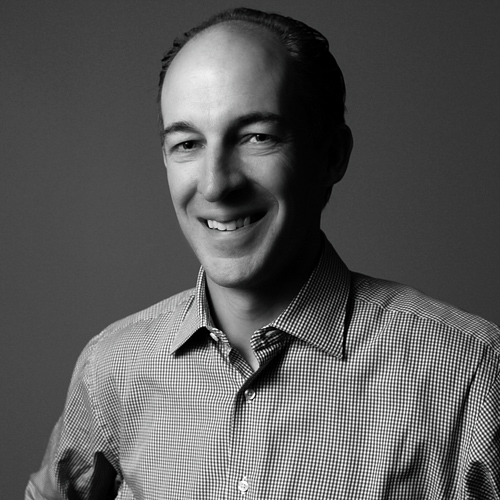With more than 15,000 employees and about $4 billion in annual sales, Chicago’s Amsted Industries is one of the nation’s largest private companies. The manufacturer of products for the industrial, rail, vehicular, and construction industries started in 1902 and took its current name in 1962.
In 1986, however, something unique happened: the organization launched an Employee Stock Ownership Plan (ESOP) that went on to own 100 percent of Amsted. This means employees share in the success of the company as Amsted continues its strategic growth around the world. As vice president and general counsel, Stephen Smith works for his fellow owners to enable that growth while managing the risk that goes along with it.
Smith, Chicago-born and bred, attended Von Steuben High School. As a public school student in Richard J. Daley’s Chicago, he could not help but develop an interest in law and politics. This interest inspired Smith to study political science at Wheaton College and later enroll at the University of Chicago Law School, where he studied under the late associate justice of the supreme court Antonin Scalia.
Smith recalls how Scalia taught courses such as contracts and regulated industries with an air of mischief and jocularity. “He had a glint in his eye and a certain energy about him,” Smith says. “He had a wry sense of humor, and he always made class fun and memorable.”
It was in these types of classes that the young student confirmed his interest in the intersection of politics, law, and business. After years as a law firm corporate partner and then as general counsel for publicly traded companies, Smith joined Amsted’s rail business in a management role as president in 2005.
Two years later, Smith moved upstairs to the company’s general counsel role. After working for publicly traded companies, he discovered a different culture at the employee-owned Amsted.
“This company is owned by the assistants sitting at the desks and by the guys pouring hot metal on the manufacturing floor,” Smith explains. “It creates a different dynamic. It’s a legal structure, but it’s also an attitude.”
Like all general counsel, Smith manages risk for the company, but he does so with a respect for the realities created by an ESOP structure. He’s not managing risk to please analysts or for a hedge fund or foreign investors. Instead, he’s making decisions for the employees that he works alongside every day. In some ways, that changes the decision-making process Amsted employs.
“Public companies sometimes take undue risk if they chase headlines or feed the ego of a CEO,” Smith says. “We understand that all our colleagues reap the benefits and bear the brunt of our decisions.”
He further explains this philosophy through a baseball metaphor. Although he grew up on Chicago’s north side, Smith is a loyal Chicago White Sox fan, and as such, he helps the company focus on “singles and doubles,” rather than swinging for the fences.
The approach has helped Amsted expand via organic growth and strategic “tack-on” acquisitions over the last fifteen years, during which it has been transformed from a national company to a global enterprise. This has led to Smith and his core team of three other lawyers—one environmental professional and three support staffers—build expertise through joint ventures in all the BRICS countries. Today, all six of Amsted’s business units conduct business in China, with several active in Russia, Brazil, Mexico, Australia, and Africa. In all, Amsted Industries has nearly fifty manufacturing sites in eleven countries and more than 15,000 employees worldwide.
An ESOP structure is a natural fit for Amsted, which has established a respected legacy for quality and customer focus. Smith describes the internal culture as “cooperative” and “candid.” He encourages those on his legal team to work closely with their business colleagues to analyze issues and solve problems. Doing so “normalizes” the legal team and helps remove the negative stigma often associated with contracts, attorneys, and the law.
“The very fact that we’re employee-owned means everyone has skin in the game,” he says. “All of us, including those in legal, are deeply invested, and that changes the dynamic.” Other Amsted employees view legal as trusted and valued partners instead of seeing them as inconvenient obstacles to progress.
The ESOP culture has also permeated the department. Because Smith and several others on the legal team have law firm backgrounds, they each understand how a partnership operates. Smith gives each person the freedom to do their job with a clear framework and distinct set of expectations.
The results-oriented team has worked hard to build positive relationships with Amsted’s six businesses.
Smith encourages these results by asking his team to focus on early wins, exceed expectations, and show the ability to find solutions even when answers seem scarce.
“Once a business partner understands you’re not a lawyer but a business person that understands things in a legal context, they start calling you all the time,” he says. With legal trusted and engaged, the company thrives, and each employee-owner reaps the maximum benefit.


